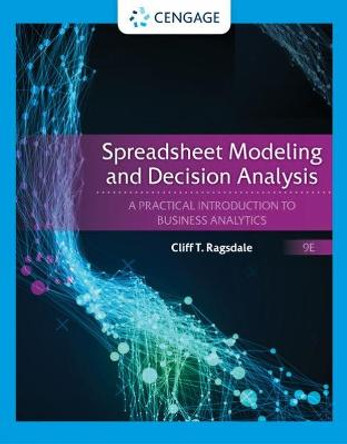Sequential decision problems arise in virtually every human process. They span finance, energy, transportation, health, e-commerce, and supply chains and include pure learning problems that arise in laboratory or field experiments. They even cover search algorithms to maximize uncertain functions. An important dimension of every problem setting is the need to make decisions in the presence of different forms of uncertainty and evolving information processes. Warren B. Powell's work in sequential decision problems started in the 1980s and spanned rail, energy, health, finance, e-commerce, supply chain management, and even learning for materials science. His work on a wide range of problems highlighted the importance of using a variety of methods. In the process, he came to realize that any sequential decision problem can be modeled using a single universal framework that involves searching over methods for making decisions.
The goal of this book is to enable readers to understand how to approach, model and solve a sequential decision problem. To that end, it uses a teach-by-example style to illustrate a modeling framework that can represent any sequential decision problem. It tackles the challenge of designing methods, called policies, for making decisions and describes four classes of policies that are universal in that they span any method that might be used; whether from the academic literature or heuristics used in practice. While this does not mean that every problem can be solved immediately, the framework helps avoid the tendency in the academic literature of focusing on narrow classes of methods.
Book InformationISBN 9781638280828
Author Warren B. PowellFormat Hardback
Page Count 320
Imprint now publishers IncPublisher now publishers Inc
Weight(grams) 457g










